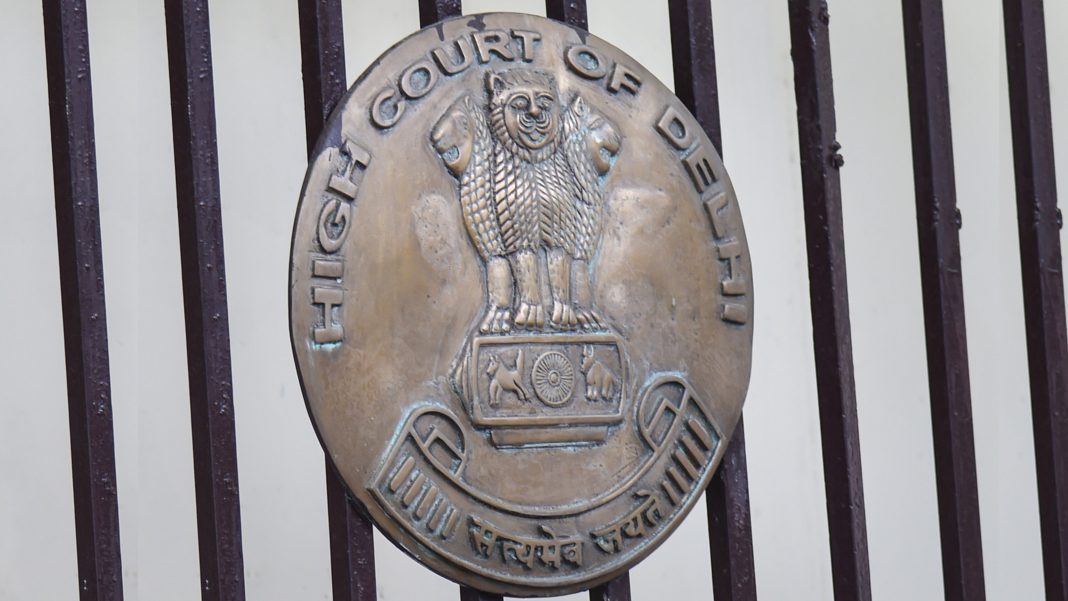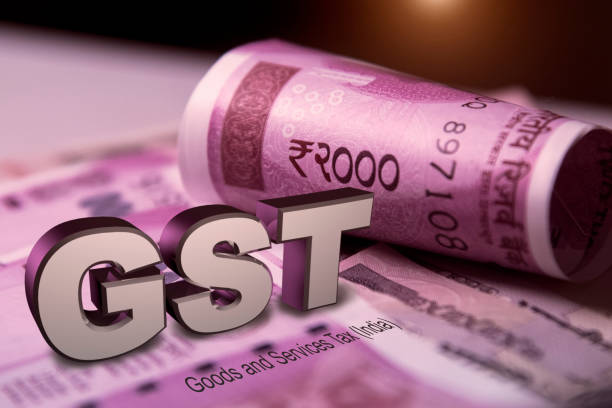New Delhi, Nov 11: The Delhi High Court has restrained Patanjali Ayurved from telecasting an advertisement which termed other ‘chyawanprash’ products as ‘dhoka’ or ‘deception’ and directed it to take down the advertisement from all electronic, digital and print mediums.
The high court said to convey a message through the advertisement that only Patanjali’s product is genuine and others are deceptive, is “incorrect and disparages” the entire class of chyawanprash in general.
Anybody who manufactures an ayurvedic product by following the statute and the scriptures as enlisted in the statute, cannot be denigrated as deceptive, when the statute considers it to be as good and permissible ayurvedic drug, that is, chyawanprash in the present case,” Justice Tejas Karia said.
The high court passed the interim order on Dabur India’s plea seeking injunction against yoga guru Ramdev’s Patanjali Ayurved’s “disparaging” advertisement.
Dabur India was aggrieved by the 25-second advertisement issued by Patanjali titled “51 herbs. 1 truth. Patanjali Chyawanprash!”
In Patanjali’s advertisement, a woman is seen feeding chyawanprash to her child, saying “Chalo dhoka khao”. Thereafter, Ramdev says “adhikansh log chyawanprash ke naam par dhoka kha rahe hain” (most people are fooled in the name of chyawanprash).
The high court said the advertisement relates to an ayurvedic formulation, namely chyawanprash and for an average viewer of the advertisement featuring Ramdev, a well-known authority on yoga and vedic practices, and his assertion that only his product is genuine chyawanprash is likely to create a strong impression.
“Such a statement would naturally lead viewers to accept it as true and disregard other brands of chyawanprash. In evaluating the overall impact of the impugned advertisement, it is necessary to consider factors such as the stature and influence of the endorser,” the high court said in its 37-page order passed on November 6.
It added that both in its tone and underlying intent, the advertisement seeks to disparage the entire category of chyawanprash products.
The court said if Patanjali is disparaging a whole class of products, its act will adversely affect its competitors.
Although Patanjali in the advertisement has not particularly targeted Dabur product, it has referred to every other Chyawanprash other than its own product as ‘dhoka’ and Dabur being the market leader for chyawanprash is likely to be adversely affected by the disparaging nature of the advertisement, it said.
The court said a prima facie case has been made out on behalf of Dabur for grant of an ad-interim injunction and balance of convenience is in its favour and against Patanjali.
Holding that irreparable injury would be caused to Dabur if an ad-interim injunction is not granted, the high court restrained Patanjali from issuing, broadcasting, telecasting or disseminating in any form the advertisement in any media forms.
It also directed to take down or block or disable the advertisement from all mediums within three days.
Patanjali contended that the advertisement merely highlighted its product and that the term “dhoka” was used as creative expression or puffery, emphasising that commercial advertising is protected under Article 19(1)(a) of the Constitution as free speech.
The court, however, said the advertisement went beyond permissible puffery and that calling all other chyawanprash products deceptive amounted to disparagement.
It observed that while advertisers are free to praise their own products, they cannot denigrate an entire class of competing products, especially when such statements could mislead consumers.
“A false advertisement campaign would cause irreparable loss to the plaintiff while stopping broadcast of an advertisement referring to the plaintiff’s product or the products of other competitors as ‘deceptive’ may not have any material effect on the defendants, considering that it is free to advertise its product without reference to the competitor’s products as deceptive,” the high court said.
Earlier in July, another judge of the high court had allowed the interim applications of Dabur India Limited against Patanjali’s advertisements and directed the latter to delete the first two lines of an advertisement — “Why settle for ordinary chyawanprash made with 40 herbs?”
The single judge had directed Patanjali to delete the offending portion, the order which was later challenged before the division bench.
The division bench also directed Patanjali to remove the offending portion. (PTI)




